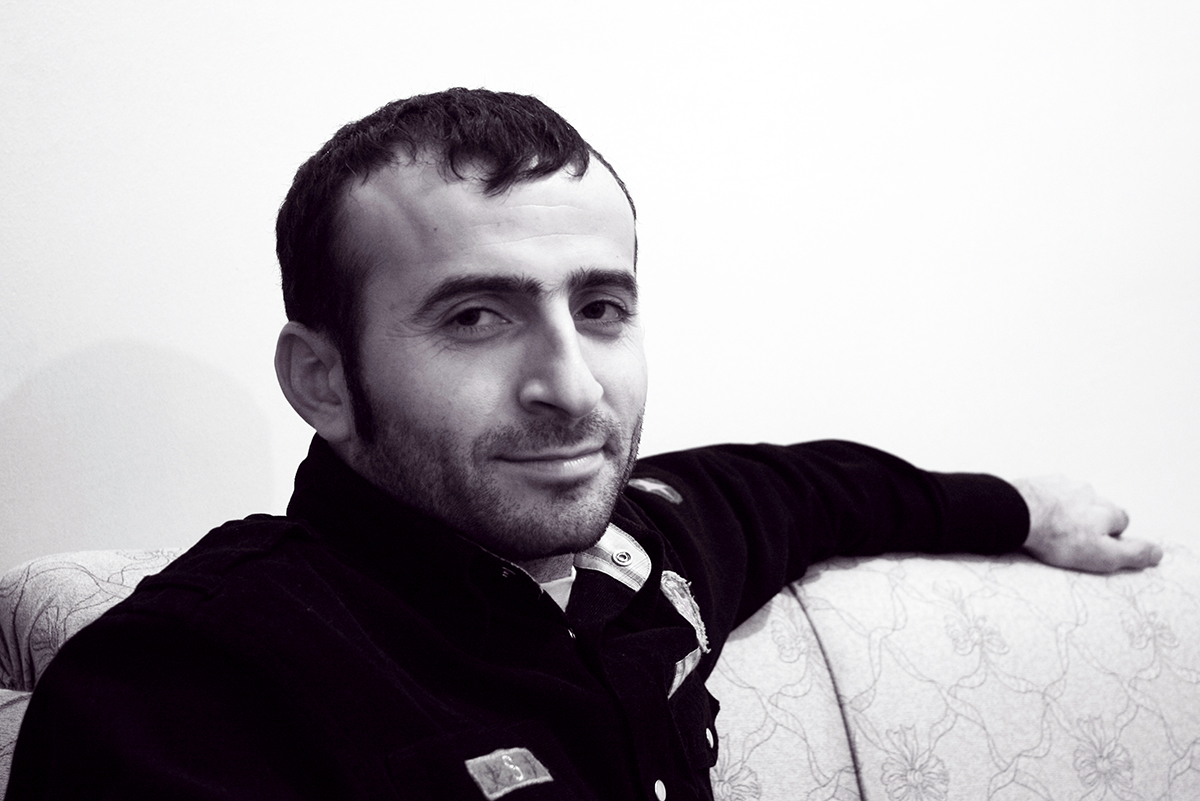Hanifi Barış, an outspoken Kurdish academic and lawyer, has been imprisoned by Turkish authorities since 4 July 2018. His detention for sharing press articles on social media is another demonstration of the repeated attacks against freedom of expression and critical opinions in Turkey.
Hanifi Barış obtained his Ph.D from the Centre for Citizenship, Civil Society and Rule of Law at the University of Aberdeen in 2017. Interested in political theory and human rights, he has published several articles and book chapters on Kurdish politics. After completing his dissertation, Barış moved back to Turkey and settled in Istanbul, where he started working as a lawyer. In his roles as an academic and a lawyer, Barış stood out as an ardent defender of human rights. In 2012, he drew public attention for representing a famous conscientious objector and defending his client’s rights to answer to the court in Kurdish. In January 2016, he was one of the Academics for Peace who signed the petition “We will not be a party to this crime”, which denounced the state-sanctioned violence in the Kurdish regions and called on the Turkish government to re-establish peace negotiations.
On 3 July, Barış received a call from Istanbul Bakırköy Police station, asking him to give a statement about his social media posts. The next day, after giving his statement to the police, he was referred to the court, where the prosecutor requested his arrest. He was accused of producing “terrorist propaganda” on the ground of article 7/2 of the Anti-Terror Law no 3713. Barış had shared news articles and commentaries from international and local media on his Facebook and Twitter accounts. It is worth emphasising that he did not add any of his own commentary on the posts. At the court’s request Barış was sent to prison on the same day. Since then, the appeals of his lawyer, Mehmet Doğan, for his release pending trial have been repeatedly denied. Even worse, when Barış asked to be moved to another dormitory in Silivri Prison, he was sent to an individual cell and remained in solitary confinement for 12 days.
On 23 July 2018, İstanbul’s 29th High Criminal Court accepted the indictment against Barış and re-affirmed his pre-trial detention. The Court based its decision on an ongoing assessment of digital materials that had been supposedly confiscated during an alleged search of his residence and belongings. However, no such search ever took place. This blatant disregard for the rule of law and due process casts serious doubts on Barış’s prospect for a fair trial, highlighting Turkey’s systematic use of pre-trial detention as a means of intimidation.
The news and commentaries shared by Barış on social media were critical of the Turkish government and its policies in Syria. They included articles from websites such as The Guardian and Foreign Policy. It is absurd to construe those articles as “terrorist propaganda” under article 7/2 of the Anti-Terror Law, which criminalises statements “justifying or praising or inciting the terrorist organizations’ methods which contain violence, force or threat”. Rather, Barış’s indictment reflects the Turkish government’s criminalisation of free speech and attempt to silence all critical opinions. Just as the repression of critical newspapers and media has been on the rise in recent years, arrests on the ground of social media posts have witnessed a dramatic increase. While the crackdown has particularly targeted Kurdish politicians and activists, journalists, students, lawyers and academics, arbitrary arrests of social media users serve as a warning to all who voice their dissent against the current Turkish regime.
Since early July, Academics for Peace, Barış’s colleagues from the University of Aberdeen and human rights organisations have strongly protested against his detention. An ongoing petition asking for his immediate release has received almost 5,000 signatures. Many of those who signed are internationally-renowned academics. At the University of Aberdeen, which has actively sought to mobilise support since Barış’s arrest, one of his colleagues describes him as “a clear-headed scholar, who draws on his experience as a practising lawyer to make original contributions to thinking on political community and direct or semi-direct democracy”. Barış, he says, is “the kind of scholar who could find common ground with academics from almost any perspective: always good-natured, cheerful and unfailingly kind to everyone he interacted with.”
Barış’s first hearing is scheduled for Sep 18th. International observers are invited to monitor his hearing at Çağlayan Courthouse, with the hope that Barış will be immediately released and cleared of unfounded accusations.





